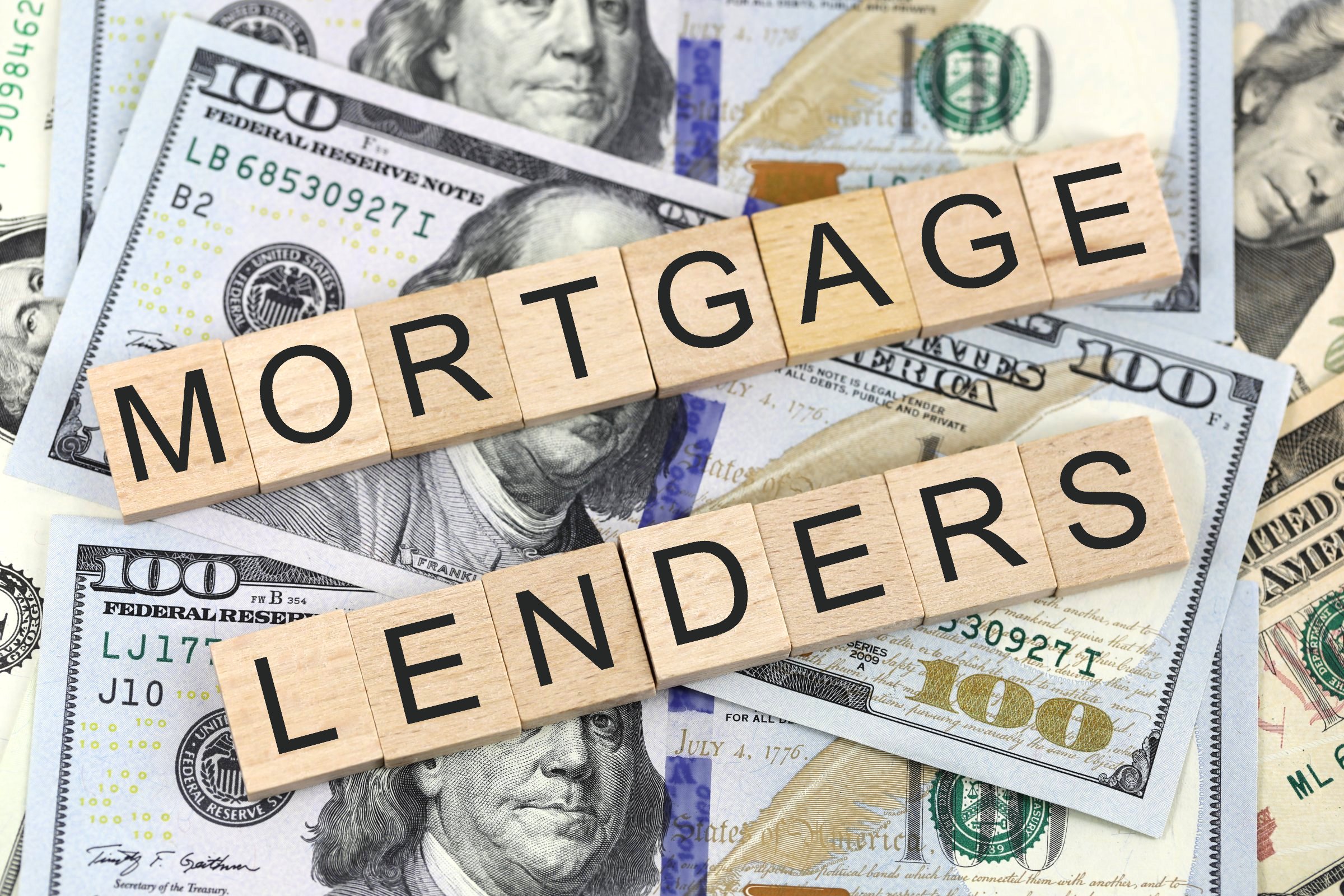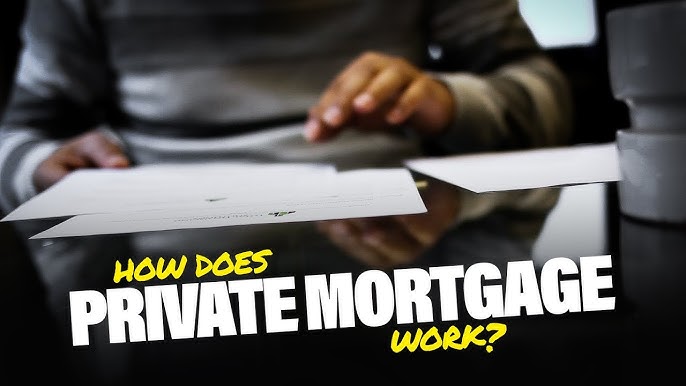Discovering Mortgage Lending: Vital Info for Making Informed Choices
In today's real estate market, comprehending mortgage lending is essential for prospective customers. Various mortgage types, such as fixed-rate and adjustable-rate, deal distinctive advantages and difficulties. Passion rates, funding application procedures, and closing prices likewise play considerable roles in shaping the home-buying experience. With many elements to review, traversing this landscape can appear daunting. There are means to streamline the process and make informed choices.
Comprehending Various Kinds of Mortgages
What are the various kinds of home mortgages offered to property buyers? Buyers can pick from several mortgage choices to match their monetary situations and objectives. Fixed-rate home mortgages are prominent for their security, offering a regular passion rate and month-to-month payment throughout the car loan term. Alternatively, variable-rate mortgages (ARMs) start with a lower rates of interest that might rise and fall after an initial period, possibly boosting total expenses. Another alternative is the FHA loan, designed for low-to-moderate-income purchasers, which needs a lower down settlement and has a lot more lax credit scores needs. VA finances, available to experts and energetic military participants, offer favorable terms without down settlement and affordable rates. Additionally, USDA car loans support rural property buyers with low-to-moderate revenues, offering 100% funding in designated areas. Comprehending these mortgage kinds makes it possible for homebuyers to make enlightened decisions based on their one-of-a-kind monetary circumstances.
The Relevance of Rates Of Interest
Rates of interest play an essential duty in the mortgage lending landscape, profoundly affecting the price of homeownership. A lower passion price can considerably lower month-to-month mortgage settlements, making it less complicated for borrowers to handle their financial resources. Conversely, higher rates can cause raised prices over the life of the car loan, potentially pushing homeownership out of reach for lots of individuals.Additionally, passion prices are commonly connected to wider financial signs, such as inflation and employment rates, which can vary based upon market problems. This partnership suggests that potential home owners need to stay informed concerning current price fads to make educated decisions.Moreover, the kind of mortgage chosen can likewise impact exactly how rate of interest are used, with fixed-rate mortgages providing stability and variable-rate mortgages introducing potential variability. Comprehending these dynamics is vital for borrowers aiming to navigate the complexities of mortgage lending effectively.
The Mortgage Application Process
Steering through the mortgage application procedure can appear frightening for lots of possible homeowners. The journey normally begins with collecting essential documents, such as income statements, income tax return, and credit report. Lenders evaluate this info to review the applicant's financial security and creditworthiness.Once the documents is collected, individuals submit a formal application, where they detail personal and economic info. This stage is essential, as it permits loan providers to identify lending qualification and terms. Complying with the submission, underwriting happens, during which lenders perform an extensive testimonial of the application and supporting documents.After underwriting, the lender may request added details or explanation. If approved, the applicant receives a car loan deal, which details the mortgage terms. Lastly, upon acceptance, closing procedures commence, leading to the completion of the funding and the purchase of the home. Understanding this procedure can encourage potential property owners to navigate it with greater confidence.
Key Terms Every Homebuyer Ought To Know
Navigating the globe of mortgage lending requires familiarity with numerous essential terms that can substantially impact the homebuying experience. Comprehending these terms helps purchasers navigate their choices and make enlightened decisions.One essential term is "primary," which describes the first quantity borrowed. Closely relevant is "interest," the cost billed by loan providers for borrowing money, normally revealed as an annual percentage rate (APR) "Escrow" is an additional significant concept, where funds are held by a third celebration to cover property tax obligations and insurance.Buyers must additionally be mindful of "deposit," the in advance amount paid in the direction of the home purchase, and "equity," the distinction between the home's market worth and the continuing to be mortgage balance. "pre-approval" represents that a lender has evaluated a buyer's economic circumstance and figured out just how much they can borrow, simplifying the purchasing process. Experience with these terms empowers property buyers in their trip.
Tips for Improving Your Credit History
Improving one's credit rating is vital for protecting beneficial mortgage terms. Key activities consist of paying bills on time, decreasing credit score use, and inspecting credit rating records routinely - Private Mortgage Lenders Savannah GA. These actions can greatly enhance a person's economic account and boost their possibilities of getting a home loan

Pay Costs On Time
Paying bills in a timely manner stands as one of one of the most reliable methods for boosting a credit rating. Prompt repayments show financial duty and dependability to lenders, greatly affecting credit scores analyses. Late settlements can bring about adverse marks on credit report reports, which may stay for several years, adversely impacting borrowing abilities. Developing a constant routine for expense repayments can help maintain preparation; using suggestions or automatic settlements is a reliable method. People ought to focus on important expenses, such as credit cards, energies, and mortgages, to guard their credit reliability. Frequently monitoring credit scores reports can likewise assist catch any discrepancies or missed settlements, permitting punctual activity. Eventually, consistent costs payment is essential for fostering a strong credit report profile.
Decrease Debt Usage
Decreasing credit report usage is a vital step in improving one's credit history. site web Debt use refers to the ratio of bank card equilibriums to their restrictions, and it considerably affects credit history. Experts suggest maintaining an usage rate below 30%, preferably around 10%. To achieve this, people can pay down existing balances or enhance credit line, supplied they do not enhance investing. Furthermore, people ought to prevent shutting old charge account, as this can inadvertently raise utilization ratios by reducing overall available credit rating. Routinely keeping track of spending behaviors and making constant settlements can even more aid in taking care of credit score usage successfully. By implementing these strategies, people can enhance their debt ratings and enhance their qualification for desirable mortgage lending alternatives.
Inspect Credit History Information Routinely
While many may overlook their credit history reports, frequently inspecting these papers is important for maintaining a healthy credit rating. Credit report reports have vital info concerning a person's credit report, consisting of repayment records, exceptional debts, and credit score inquiries. By reviewing these records, consumers can recognize any mistakes or deceptive tasks, which can adversely impact their ratings. It is advisable to check credit history records at least yearly, as this enables people to proper errors and take aggressive steps to boost their credit reliability. Additionally, monitoring credit score reports can supply understanding into aspects affecting the rating, allowing people to make informed monetary choices. Eventually, constant alertness over credit records fosters monetary health and wellness and boosts the possibility of safeguarding desirable mortgage lending terms.
Navigating Closing Prices and Fees
Comprehending closing prices and charges is important for anyone going into the mortgage process. Each element, from lending institution costs to third-party costs, can significantly affect the total cost of safeguarding a funding. By contrasting these expenses and bargaining when feasible, consumers can much better handle their try this out monetary dedications.
Recognizing Closing Expense Elements
Taking care of browse around this web-site the complexities of closing expenses can be frightening for buyers. Closing costs are comprised of different components, normally including funding origination fees, assessment charges, title insurance policy, and assessment costs. These costs vary by lending institution and can rise and fall based upon the property area and funding kind. Additionally, homeowners may run into prepaid expenses like real estate tax and homeowners insurance policy that are collected at closing (Private Mortgage Lenders Savannah GA). It is crucial for buyers to recognize these elements to properly approximate the overall quantity needed throughout the purchase. By damaging down each aspect, buyers can make enlightened monetary decisions, ensuring they are well-prepared for the closing process and decreasing any surprises that might develop at the lasts of safeguarding their mortgage
Contrasting Loan Provider Fees
When assessing mortgage choices, customers should meticulously contrast lending institution charges to guarantee they are making an informed decision. Lender costs can substantially affect the overall expense of a mortgage, including application costs, car loan origination fees, and underwriting fees. Each loan provider might have various frameworks and quantities for these charges, which can bring about substantial differences in complete closing prices. It is necessary for borrowers to ask for a Car loan Quote from multiple loan providers, as this record details all associated fees in a standard format. By examining these price quotes, consumers can identify which lender supplies one of the most competitive terms. Eventually, a thorough comparison of loan provider fees will certainly assist debtors choose the very best mortgage alternative that straightens with their financial goals.
Negotiating Closing Expenses
Customers frequently forget the prospective to bargain closing costs, which can even more affect the affordability of a mortgage. Closing expenses usually consist of various charges such as appraisal, title insurance coverage, and attorney fees, which can accumulate substantially. Recognizing these expenses is vital, as they can range lenders. By getting in-depth estimates, customers can recognize locations for negotiation. It is suggested to discuss charges directly with the lending institution, as some fees may be adaptable. Additionally, debtors can compare offers from several lenders to utilize much better terms. Engaging a realty agent or a home mortgage broker can even more enhance the negotiation procedure, guaranteeing that borrowers secure one of the most favorable closing prices and general mortgage terms.

Frequently Asked Inquiries
What Files Are Needed for a Home Mortgage Application?
The existing inquiry addresses the necessary documentation for a home loan application. Commonly, candidates need to supply recognition, income confirmation, credit rating, possession declarations, and information pertaining to the property to assure a comprehensive assessment by loan providers.
Just how Does My Work History Affect Mortgage Approval?
Work background greatly affects mortgage authorization, as loan providers examine work stability and revenue consistency. A solid, continuous work document improves credit reliability, while regular task changes might raise worries about reliability and financial stability.
Can I Obtain a Home Mortgage With Student Lendings?
The individual's ability to safeguard a mortgage with pupil financings relies on their overall debt-to-income proportion and credit report. Lenders analyze these factors, identifying whether the candidate can handle additional financial commitments properly.
What Is the Difference In Between Pre-Qualification and Pre-Approval?
The difference between pre-qualification and pre-approval depend on their deepness. Private Mortgage Lenders Savannah GA. Pre-qualification provides a basic price quote of obtaining possible based upon self-reported information, while pre-approval includes a thorough monetary assessment and credit check by the lending institution

How much time Does It Take to Close on a Home mortgage?
The time required to close on a mortgage normally ranges from 30 to 45 days. Elements such as loan provider performance, debtor paperwork efficiency, and residential or commercial property evaluation can affect this timeline significantly, creating variations in the closing procedure.